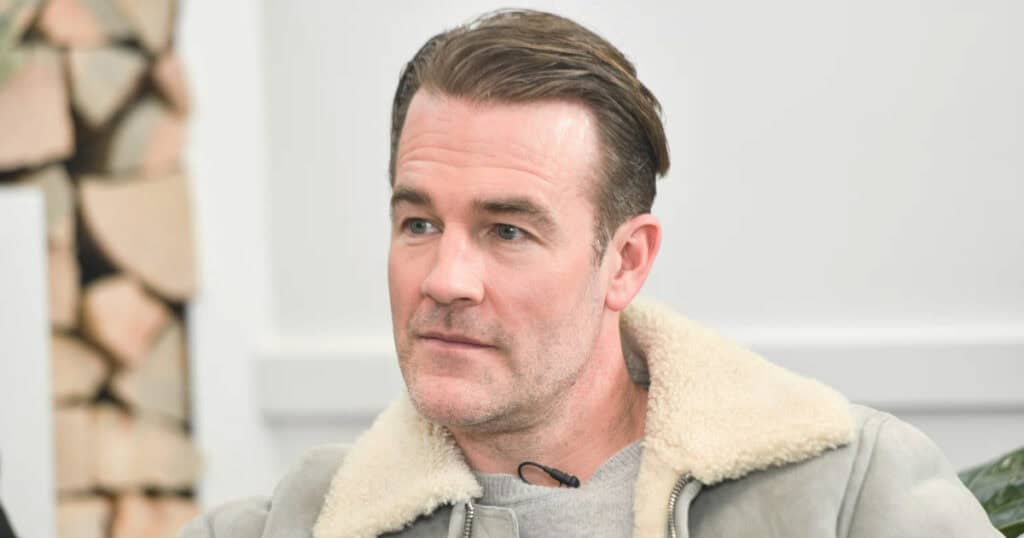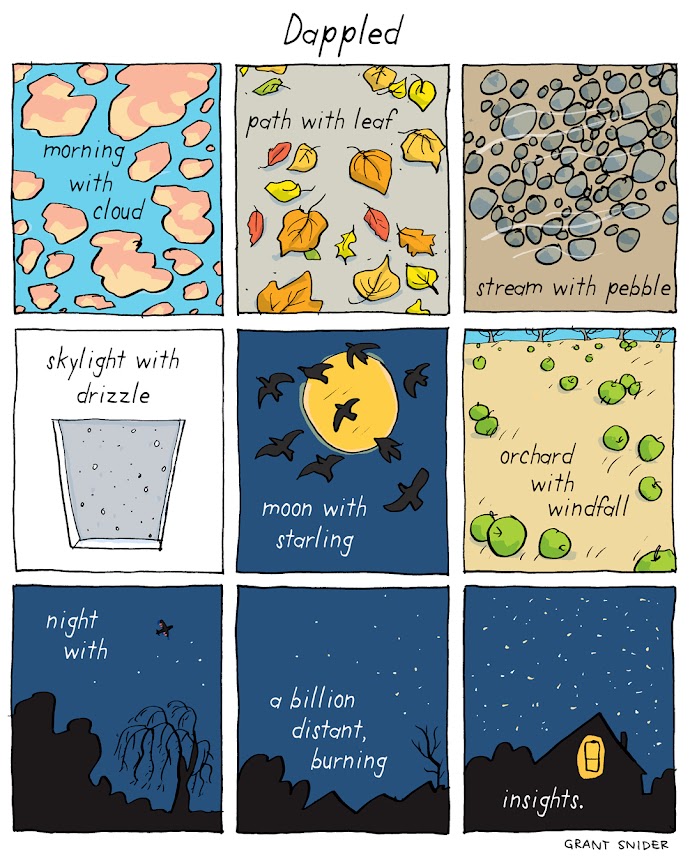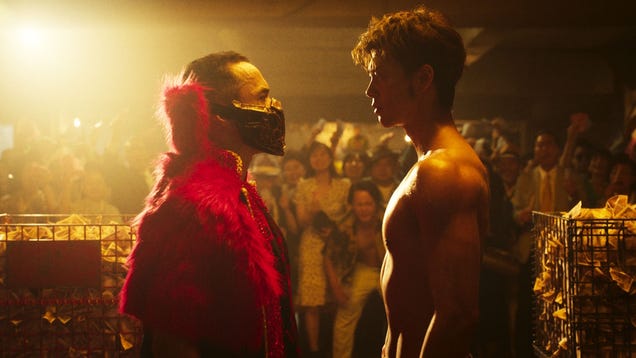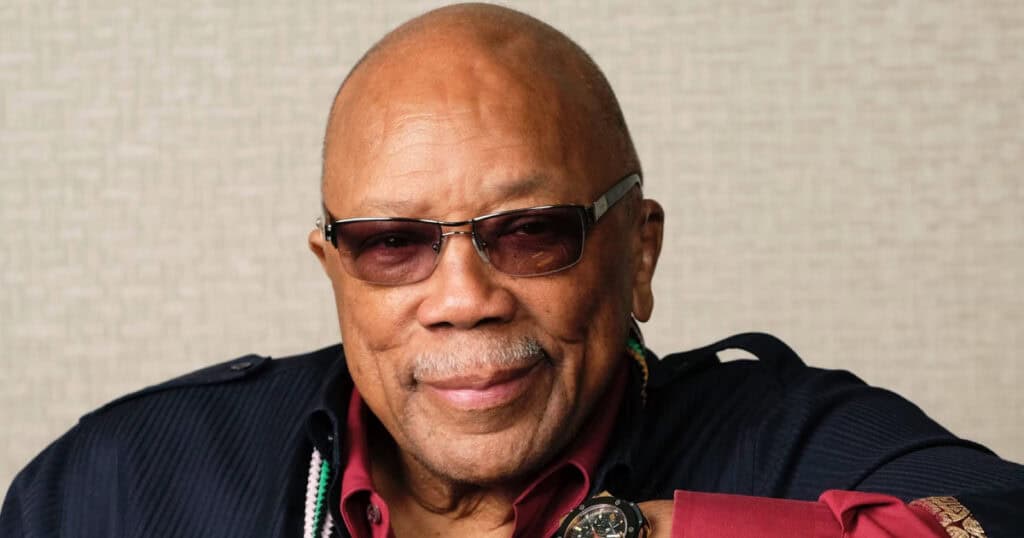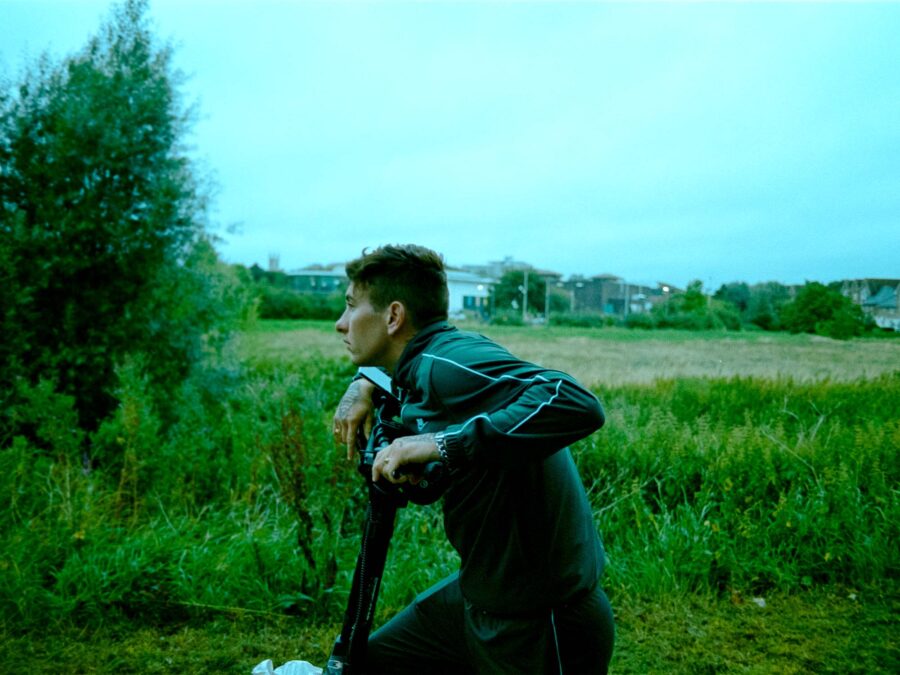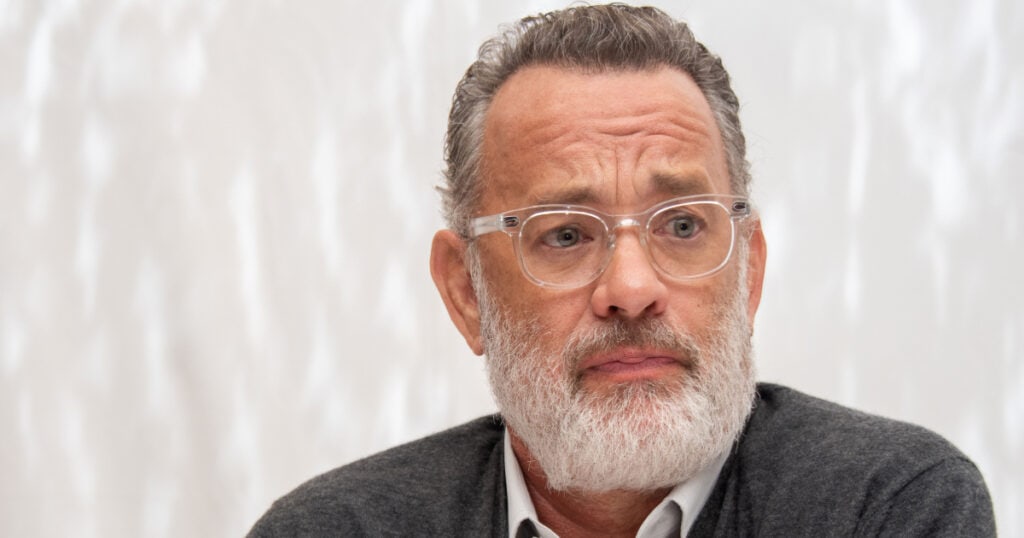Andrea Arnold’s sixth feature, Bird, follows Bailey (Nykiya Adams) as she navigates life in a squat in Kent with her father Bug (Barry Keoghan) and her brother Hunter (Jason Buda). Her relationship with her father is volatile, and her brother and his friends are preoccupied with making and watching YouTube videos of people getting beaten up. Bailey cuts a lonely figure, until she meets the mysterious Bird (Franz Rogowski) who seems to be the hero that she is looking for.
Arnold’s debut feature, Red Road, was released while I was studying film at Kent University in 2006. I was encouraged by a tutor to support a “local filmmaker” by going to see it at the Gulbenkian Cinema on campus, and so here began perhaps the most formative cinematic relationship of my life. I’d been deeply moved by the depth of Kate Dickie’s performance in that film, how Arnold draws out her yearning and sadness. I’ve always had the impression that there’s a real maternal kindness that Arnold offers her characters, a fierce duty of protection and a refusal to place judgement on them despite their sometimes-antisocial behaviour.
When watching Bird, I found myself wondering if Franz Rogowski’s character was in fact how Arnold saw herself – an ethereal being who has the wisdom to know the importance of tenderness where there is chaos, and who embraces the healing qualities of giving love to others, despite having so many unanswered questions of her own. This idea that kindness and love are as sort of superpower may sound trite, but they are essential components that are missing in the lives of so many of Arnold’s characters; and, of course, in real people who live in the sorts of worlds that her characters inhabit. I actually think there’s something quite radical about that.
It’s hard not to feel nostalgic watching the film; whether it be the soundtrack full of surprising needle drops (Coldplay, The Verve, Blur), a score by Burial whose work notably invokes themes of crossing time and space, or its dreamlike quality, something magical that is familiar in Arnold’s work but that is cranked up more than ever to deliver something of an urban fairy tale. Bird is a film full of the ghosts of Arnold’s past; certain moments that feel like a revisiting of her previous films: a woman stomping along a road pushing a pram (Wasp); a stone turtle ornament in a garden (American Honey); or some traveller boys trotting by on horses (Fish Tank).
Bird premiered this year at the Cannes Film Festival, where Arnold was awarded the Golden Coach Award in recognition of her work as a director, and it feels like exactly the right moment to pause and reflect on the work of one of the most celebrated British filmmakers of her generation.
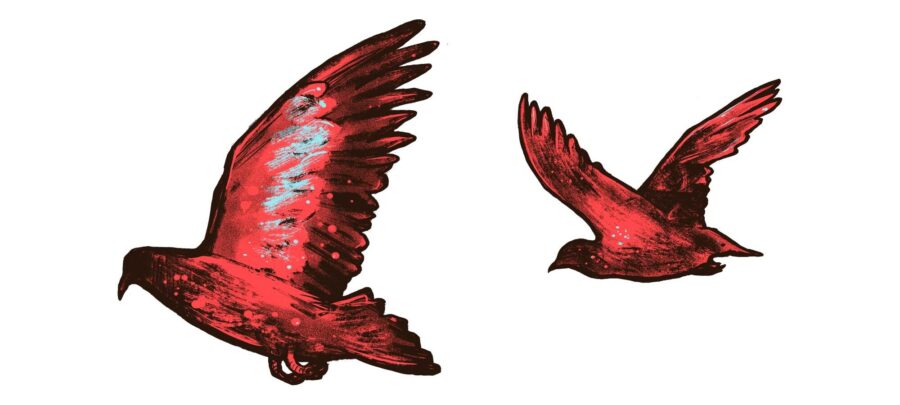
It feels strange to be opening an interview by talking about conclusions. But I really got the sense from watching Bird that it has culminated from so many themes and ideas that you explore a lot in your work. What made you go back to Kent where you did Fish Tank? Why this moment in your career?
I never feel that I make that sort of tangible choice really. The things that appear just appear, and then I just have to go and discover them. The idea for this film came to me a very long time ago, and it was just an image at that point. I had to then go on that journey. And the thing about the film is that it stopped-started a lot because I did other things. I can usually tell when something needs me to keep on at it, because it won’t leave me alone, so I can’t drop it. And I find it so fascinating, because it’s out of my hands – almost like it just kind of niggles at me, or sort of keeps on at me until I deal with it.
If you’re somebody who writes or if you’re a painter or a sculptor, or if you’re a poet, or somebody who does whatever, you have some artistic expression. I think that each work is an exploration of your own psyche on some level, and I think it’s something you don’t understand about yourself, or that you haven’t worked out. It’s something that is important for you to deal with. That’s how it is for me anyway. Every film feels a bit like that. So, in that way, I don’t have a choice. I think somebody like [Robert] Bresson said that sometimes you have an idea for something, and it’s like you’re pulling at a bit of string. And sometimes you pull the string, it doesn’t go very far. It just goes there [gestures a short distance with hands]. And sometimes you pull at a bit of string, and it goes on and on and it unravels and unravels and doesn’t stop unravelling.
I think that certain ideas that I have, or certain things that come to me, are like that. They just keep on. I keep on. It did seem odd to me that I would go back to something that is set around my childhood, where I grew up. I don’t know, it just kind of took me there. I think I won’t again, though, actually. I think it’s interesting what you said, because maybe Bird might be some kind of some sort of culmination of something.
While watching Bird, I noticed so many moments where small interactions or certain motifs were signalling to something from your previous films, almost like a ghost from the past. I got the impression you’re thinking a lot about cinema, and about how we are consuming images, maybe how that’s changing.
I don’t feel that our worlds have changed massively with the fact that we are all viewing so many visual, two-dimensional images. And I think that I definitely incorporated that into the film. I think about it a lot, because I’m very interested in the sensual world, the world that we can see and feel and touch and hear and smell as I feel our lives are becoming increasingly two dimensional through images. And I know that’s what film is as well. I’m always a little bit frustrated with film in that [sense]. I always wish you could touch it and feel it and smell it. And maybe that’s the future, who knows? Or maybe that’s theatre… I don’t know.
But I do feel there’s a limitation to what we understand about the world through the two-dimensional image. A lot of us are consuming the world in this way, without really getting out there and experiencing it. You know, we are all now consuming the world through the screen. And my younger friends, or children of my friends, tell me that they don’t go out anymore very much. They do everything on their social media. They hardly meet up. That’s because they feel they can control the way they look, the way they are, the way they come across, the way they present themselves.
I’ve got that sort of curiosity about all that going on all the time. And when I started to make Bird, I didn’t really have so much. I had Bailey filming things, because I realised that for a teenager like Bailey, how do I show her emotional interior? How do I show what she might be feeling? I do really believe in cinema, and that how you put images together can manage to convey someone’s interior self. But I also thought it’s kind of interesting that she experiences the world through her phone, through these images, and that says a lot about what’s going on with her. So, in the very beginning, when we started, I realised that was quite a powerful thing, and so I started filming more with the phone.
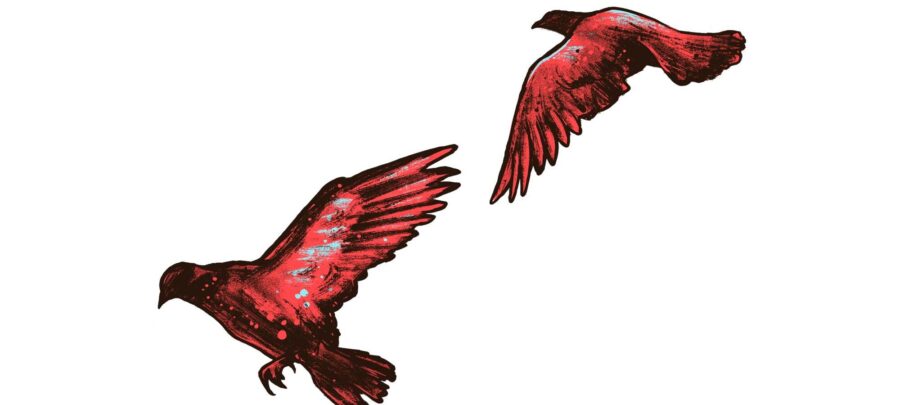
Youth and youth culture is something that you come to time and time again. What we often see presented is a young person who wants to grow up. They always want to get away, to be an adult. Bailey feels different, in that her womanhood is being thrust upon her in a way that she maybe doesn’t want.
What I find really interesting is when I’ve written something, and I’ve got certain ideas about how I want it to be, I then go on a journey with the making of it. The interesting juggling act you have to do is when you bring together all the elements. such as the locations or the people. (and) they all then bring something different or new or something perhaps you weren’t expecting or weren’t planning on. I know some directors, they’ll have an idea in their mind, and they go out to get (it) exactly, they’ll want exactly what they had in their mind. And they will go off and try to do that. Whereas I always like to write a script, and although I have an emotional place I want to reach within that, I’ll look for people that I just feel fascinated by, and Nykiya was one of those people.
The character written was more of a joker, a bit more expressive and ‘out there’. And Nykiya wasn’t really like that. She was a bit more… I wouldn’t say reserved, but she was just a different kind of girl. It’s funny, this thing about when you’re casting, because some people just rouse your life force or something, you sort of… come alive when you meet them. And she did that when she came in the room. I was like, ‘Oh!’ I sat up, you know, and there was something about her very being, when she walked in the room. I just felt very curious. The main reason I cast (her) was because of that feeling I had that I can’t put into words or explain, but (she) was different to what was written. So then I had to find another way of expressing this character which wasn’t quite what I’d written in the script. But the resistance was always there, the defiance – all that was always in the script, the world around her being chaotic. How do you navigate when you’re in the world where everything around you is so completely chaotic? How do you do that?
I’d like to talk about Barry Keoghan who plays Bug. In many ways he’s quite a menacing character, but there’s also a part of him that’s very childlike, and very sweet. You seem to be very comfortable with these men that have this hyper-masculine quality, but who are searching for the complication inside themselves.
I met Barry at some Halloween thing. I’d seen him in some other things, only small things. And then The Banshees of Inisherin came out. I just absolutely loved it. I just loved him straight away. You just go, ‘Yeah, that feels totally right. He feels right.’ I feel if you cast somebody that feels very close to what you’ve written, there’s lots of work to do, but everything kind of falls into place, you know, in a very natural way. You’re not trying to make something that doesn’t exist, he just fell into that role very easily. And he is not that person, but he knows how to be (that person). What I love about him as well – which is what I love about a lot of the actors I work with – he’s never the same twice, he’s very much alive. Even though you’ve got a script, you’re hoping for them to find the life there. He brings the life to those moments.
He’s the antithesis to the character of Bird, who is so different to a lot of the men that we’re used to seeing in your films. I felt that what the film was saying – and what I felt Bird was trying to say – is that in the lives that these people live, actually the only thing you really need is basic kindness. I found that really moving, because a lot of what the characters are lacking in Bird is anyone showing them that kindness. And he’s just this pure hero for doing that.
I feel like his character is there for you to find. It’s really hard talking about your work, because the whole point of making a film is to leave question marks, and not dot the i’s and cross the t’s. It’s to give something for the audience to put themselves into and to have their own experience with. It’s hard not to give the things away that you feel are secrets. They’re like little sort of things you put in there that you want people to discover and have their own relationship with. So I hate to sort of explain it, you know. I don’t want to explain it. Sometimes I don’t understand myself anyway, you know, like when I started with his character, I wasn’t even sure what he was going to be, or how he was, or what it was. And then by going on the journey, I found my own version of him. And I’ve got lots of feelings about Bird, but they’re mine. I know that people interpret the film in lots of ways, and I like to leave it that way. I feel like they’re (the characters), they’re the meatiness of the film. Anything you make, you want to leave things for people to discover, and debate in the pub afterwards like, ‘What did that mean?’ I think I had the same thing with Cow, and that got read by so many people like a big feminist thing, and all about slavery, or about the lack of control over your body, and I found that absolutely fascinating. So that’s one of the challenges, to try and not say why. I also think it takes away from people when they go and see it.
When do you have that feeling that a film isn’t yours anymore? I think that must be so hard; I can tell you how I’ve read your film, but you might not have felt that way, and you sort of need to let that go.
I’m happy to put it out in the world. You know, I never watch my films again after they play, never. You put it into the world, then everyone has a relationship with it, or not, or whatever. And that feels very much like it’s its own thing now – it’s out there. I don’t want to watch it ever again. Every now and again, occasionally people will show me.
When was the last time?
When I was in Cannes this year and I got this Golden Coach award, they put together fantastic little clips, a selection of things from my films. And I found it so moving to see. They did it very beautifully as well, they picked all my favourite things without me even knowing, because they’re directors and they know. And I sit there and I’m watching this compilation of my work, and I haven’t watched some of it for years, and I found it so moving. It’s like watching my past flash before my eyes. And I got really emotional, because it was such a beautiful thing that they gave to me. So, in that way, that was kind of nice, but I wouldn’t want to do it every day.
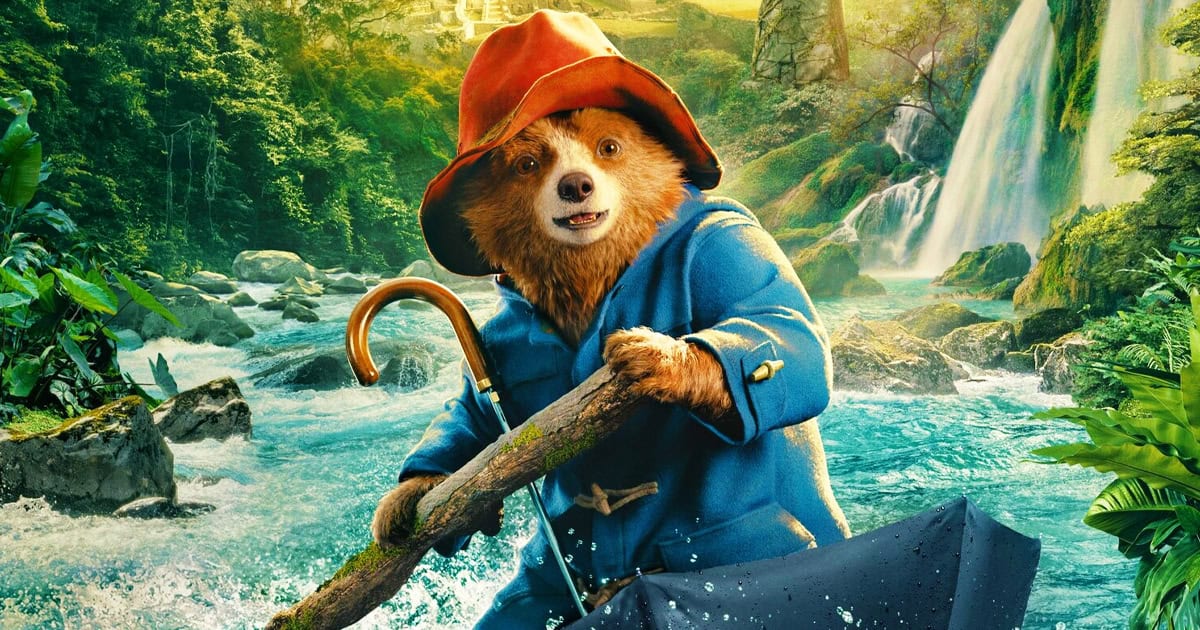

 (@paulkleinyoo)
(@paulkleinyoo) 



 (@kehenulo)
(@kehenulo) 
 (@CarlRoberts2)
(@CarlRoberts2) 